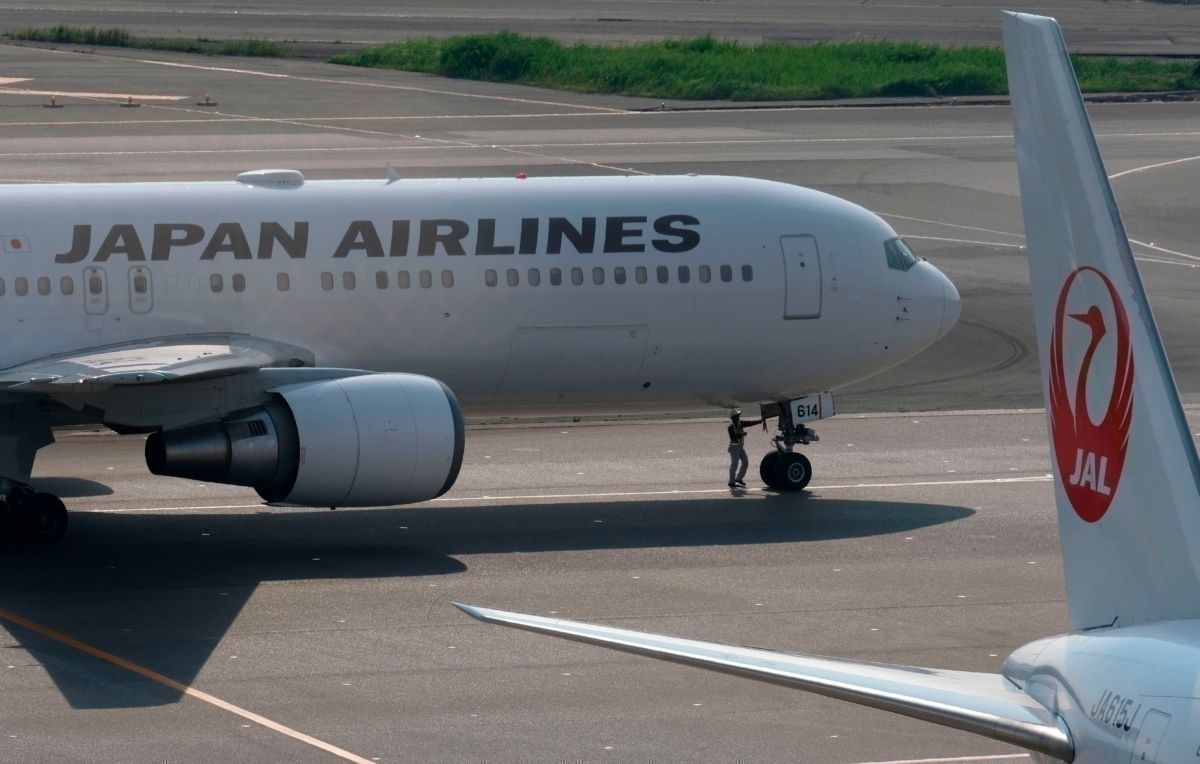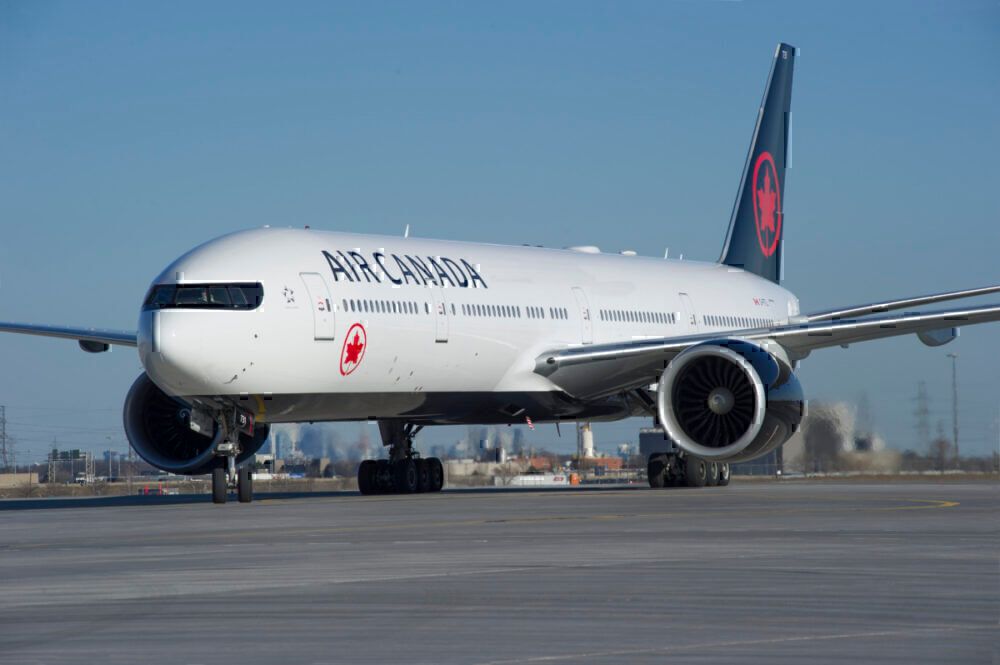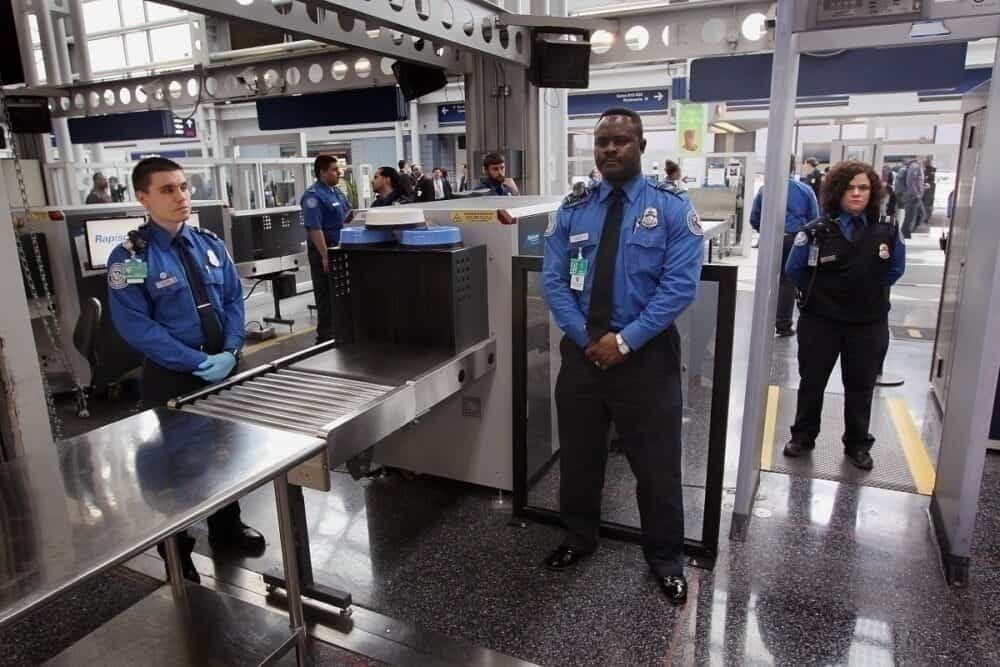Japan Airlines is joining the growing number of airlines to drop gender-specific greetings on its flights. Instead of welcoming passengers with the gendered phrase "Ladies and Gentleman," Japan Airlines will instead greet passengers with the gender-neutral greetings of either "good morning," "good afternoon," or "good evening." The new announcements will start on October 1st.
Japan Airlines will drop the use of gendered greetings across all customer contact points, including at check-in desks, boarding gates, and on planes. The airline already uses gender neutrals terms for all its announcements in Japanese. The change will only apply to announcements in other languages.
This is a big step for the airline to take, considering that same-sex marriage is not legally recognized in Japan. However, the airline has already changed its policy to be more inclusive of same-sex relationships by ensuring family privileges apply to employees with same-sex partners.
Stay informed: Sign up for our daily aviation news digest.
A growing trend
While Japan Airlines is the first carrier in the region to make the change, it isn't the first carrier to drop gendered terms. The airline is now a part of a growing trend in the aviation industry to try to be more inclusive of members of the LGBTQ+ community.
Air Canada, Australia's Qantas, and the UK's easyJet have all dropped gendered terms in their greetings. easyJet is now asking staff to say "welcome everyone" after a passenger complained about the binary greeting.
Aside from changing greeting messages, other airlines are also adapting to new terminology. United Airlines, British Airways, Delta Air Lines, and American Airlines now offer a non-binary option when booking tickets. Several airlines also offer Mx as a replacement for the gendered Mr, Mrs, and Miss options.
More change is needed
While all these changes are a step towards ensuring everyone feels included, they don't make much of a practical difference to non-binary travelers. More change is needed if everyone is to feel comfortable while traveling. For example, most airports only have gendered bathrooms.
While some are introducing gender-neutral bathrooms, they tend to be few and far between. This means non-binary passengers have to go out of their way to find an appropriate restroom.
Security stop-and-searches are also gendered procedures. Traditionally, male passengers are searched by male security staff and female passengers by female staff. However, for non-binary passengers, security can be a stressful situation.
Gendered security procedures
According to the TSA procedure, passengers must pass through an Advanced Imagery Technology scanner. This scanner scans bodies differently based on anatomy, and agents are told to press "a button designating a gender (male/female) based on how you present yourself."
If an additional pat-down is required, the gender of the officer will be "of the same gender as you present yourself." The TSA does allow for pat-downs to be requested instead of passing through the scanner, which requires a gender selection.
However, one passenger recently detailed to Conde Nast Traveller how uncomfortable they felt when a male security agent patting him down was horrified to discover the binding he used across his chest. The passenger also shares that his passport must determine him to be female. Gender-neutral passports are not accepted in many countries, concluding that using airlines is still very much a gendered experience.
While Japan Airlines is taking a step in the right direction, for many, there is still a long way to go.
What do you think of Japan Airlines' announcement? Should airlines be doing more to ensure all passengers feel safe and welcome? We'd love to hear your thoughts in the comments.




